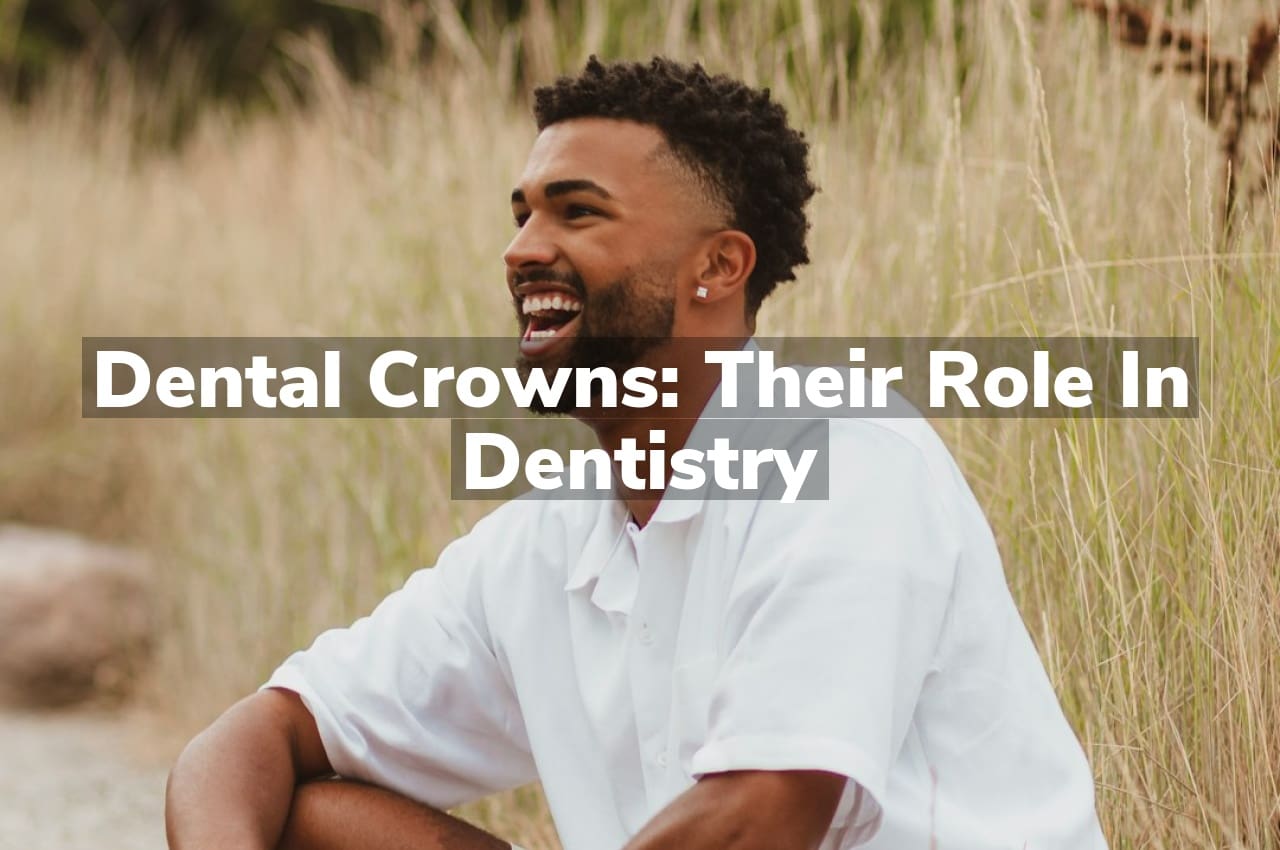Have you ever wondered what role dental crowns play in the field of dentistry? Dental crowns are crucial for restoring damaged teeth and enhancing the overall appearance of one’s smile. They serve as a protective cover, safeguarding a tooth from further damage while also improving its function and aesthetics.
Types of Dental Crowns Available
Dental crowns play a pivotal role in restorative dentistry, serving as a protective cover for damaged or decayed teeth. They are designed to restore the shape, size, and strength of a tooth, while also improving its appearance. The types of dental crowns available vary widely, catering to different needs and preferences. These include metal crowns, which are known for their durability; porcelain-fused-to-metal crowns that offer a balance between strength and aesthetics; all-ceramic or all-porcelain crowns, which provide the best natural color match; and resin crowns, which are less expensive but wear down over time.
Choosing the right type of dental crown depends on various factors, including the tooth’s location, the amount of tooth that remains, the patient’s dental history, and aesthetic considerations. For those weighing the options between crowns and other cosmetic procedures, understanding the key differences can be crucial. An informative comparison can be found in the article Dental Crowns vs. Veneers: Differences Explained, which sheds light on the distinct benefits and applications of each treatment option. This decision is typically made in consultation with a dental professional, ensuring that patients receive the most suitable solution for their dental health needs.
The Process of Getting a Crown
The journey towards enhancing your smile with a dental crown begins with a consultation with your dentist, where they assess the need for a crown based on factors such as tooth decay, damage, or cosmetic concerns. Following this, the tooth in question is prepared, which may involve reshaping to ensure a proper fit for the crown. Impressions of the tooth are then taken, which serve as a model from which the crown will be crafted. This process involves precise dental technology and expertise to ensure the crown perfectly matches the size, shape, and color of your natural teeth. While the permanent crown is being made, a temporary crown is often placed to protect the tooth.
After the custom-made crown is ready, the temporary one is removed, and the new crown is carefully fitted and adjusted to ensure a comfortable and secure fit. This final step marks the completion of the crown placement process, restoring not just the functionality but also the aesthetics of your smile. For those looking to explore their options for Quality Dental Crowns Near Yorba Linda, understanding this process can provide reassurance about the steps involved in achieving a healthier, more beautiful smile.
Benefits of Dental Crowns
Dental crowns play a pivotal role in the field of dentistry, offering a multitude of benefits for individuals looking to restore both the functionality and aesthetics of their teeth. These dental restorations are designed to encase a tooth that has been damaged or decayed, providing it with strength, protection, and an improved appearance. By covering the entire visible portion of the tooth above the gum line, dental crowns can help in preserving the structural integrity of weakened teeth, preventing further damage. Additionally, they are utilized in various dental procedures to support dental bridges, cover dental implants, or restore a tooth after a root canal therapy, making them an integral component of comprehensive dental care.
Dental Crowns and Oral Health
Dental crowns play a pivotal role in the realm of dentistry, serving as a fundamental component in maintaining and restoring oral health. These dental restorations are designed to encapsulate teeth that have been damaged, ensuring their functionality and appearance are preserved. By providing a protective shell, dental crowns aid in the reinforcement of weakened teeth, safeguarding them against further damage while also enhancing the overall aesthetics of one’s smile. Their application spans a variety of scenarios, from repairing teeth that have undergone significant decay to restoring ones that have been cracked, worn down, or otherwise compromised. The integration of dental crowns into dental care practices underscores their importance in achieving and sustaining optimal oral health. For those seeking exceptional dental care, consider visiting Yorba Linda Dentist at Dentique, where your oral health is our top priority.
Longevity and Care of Dental Crowns
Dental crowns play a pivotal role in the field of dentistry, serving as a protective cover for damaged or weakened teeth, and their longevity is a testament to their effectiveness. The lifespan of dental crowns largely depends on the material they are made from and how well they are cared for. Generally, with proper care, dental crowns can last for many years, contributing significantly to oral health and the functionality of teeth. The care of dental crowns involves routine practices that are integral to oral hygiene, underscoring their importance in maintaining dental health and ensuring the durability of these dental restorations.
Conclusion
For further information, feel free to call us at (657) 234-0430 or read our reviews on Google Maps.
